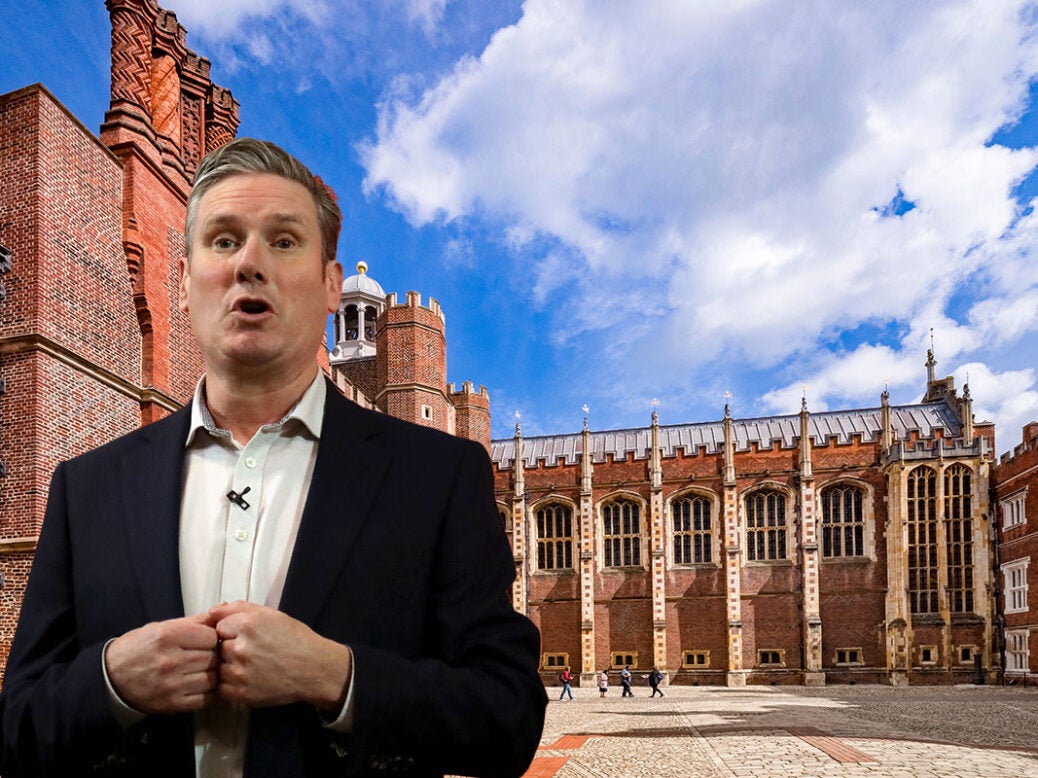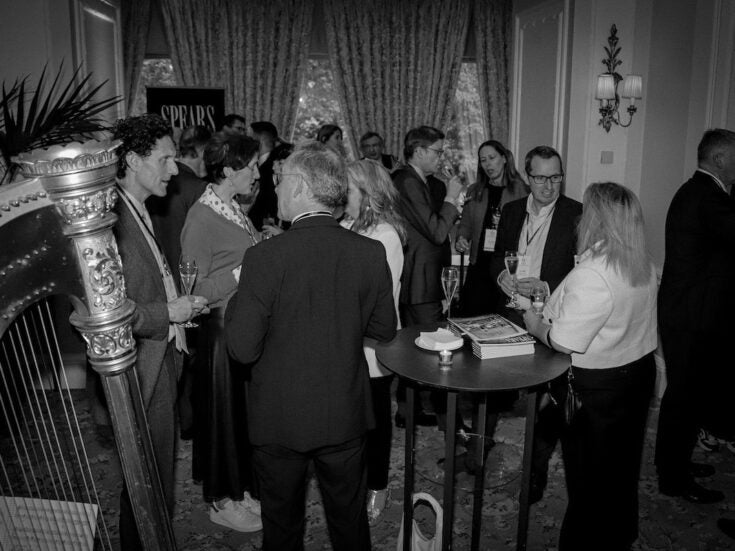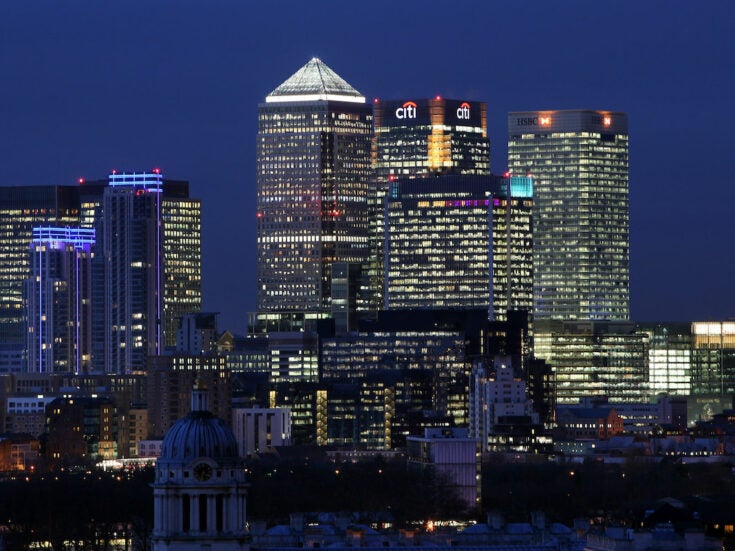
Private school enrolments have dropped by the largest percentage in more than a decade as concerns over Labour’s VAT plans loom large, a leading industry body reports.
[See also: Private school VAT levy would impact three-quarters of wealthy families]
The number of children joining private schools has fallen by 2.7 per cent, according to the Independent Schools Council, which represents almost 1,400 private schools.
Julie Robinson, chief executive of the ISC, said there is concern among parents over Labour’s proposal to remove the VAT exemption on private school fees, and called for greater clarity from the party on the planned legislation.
It comes after a separate report found that 26 per cent of parents would be ‘forced to remove their child or children’ from private school in favour of a state education if Sir Keir Starmer’s policy comes into effect following the general election.
A warning for Labour
The Independent Schools Council (ICS) Census and Annual Report, published today, has been collecting data on new starters since 2011.
Overall, the number of pupils at independent schools has dipped slightly by 0.1 per cent year-on-year, although the number of boarders remains steady. School fees have increased by an average of 8 per cent against the backdrop of historically high inflation and with the cost of the Teachers’ Pension Scheme expected to increase.
[See also: The 25 best UK senior schools in 2024]
The number of new pupils joining this autumn has dropped from 110,211 for 2023-24 to 107,259 for 2024-25. The previous biggest fall was in the 2020-2021 academic year, when new starters fell by 2.1 per cent year-on-year. The number of new starters then increased by 4.5 per cent the following year.
Barnaby Lenon, chairman of the Independent Schools Council, wrote in his foreword to the report that the dip will 'not come as a surprise to those who have kept a keen eye on the trends', noting that 'in the political forum, schools' main concern will be what Labour’s VAT policy might mean for pupil recruitment and retention.'
The sentiment was echoed by Robinson, who said: 'Headteachers have been telling us that nearly every prospective parent is asking about VAT. The concern is palpable. Without any detailed policy from Labour, schools cannot plan properly and that uncertainty is not good for parents, who are having to make decisions now that will impact their child's education for years to come.'
Schools under strain
Under Sir Keir Starmer's plans to remove the longstanding VAT exemption, private schools would be forced to pay 20 per cent tax on all school fees, passing on higher costs to parents.
According to Independent Schools Council data, the average fee per term for a private school day pupil is £6,021. This would rise to £7,225 with a 20 per cent fee increase. For boarding schools the figure are higher: £14,153 on average, rising to £16,984 with VAT added.
[See also: The business of education: the question of VAT on private school fees]
There is the potential that schools might not pass on the entire cost if they are able to reclaim VAT on certain costs, or save money elsewhere to reduce the base fees, but some degree of a price rise is expected. Consultancy Baines Cutler, which surveyed some 700 private schools in January, estimates schools will increase fees by 16 per cent.
Wealthier schools like Eton and Harrow might fare better than their smaller counterparts, which could lead to the closure of a number of schools, headteachers have warned.
A number of reports has found parents plan to remove their children from private school, or will face considerable strain, if the measures are introduced. The Saltus Wealth Index Report, published in April, found the policy would impact three-quarters of private school parents with investable assets of £250,000.
[See also: Introducing the Spear’s Schools Index 2024]
The benefit of the policy has been debated by experts on both sides of the political spectrum. A recent report by the Adam Smith Institute suggested the policy could make no money or cost the Treasury £1.6 billion.
A Labour Party spokesperson told The Times: ‘The next Labour government will ensure every child has the opportunity to have a brilliant education by investing in our state schools. We will be recruiting over 6,500 new expert teachers, guaranteeing mental health support in every school and giving every child the tools to express themselves early in their education, through ending the tax breaks for private schools.
‘Independent schools have raised fees above inflation for well over a decade and parents will make choices for their family on that basis. Independent schools do not have to pass Labour’s proposed change on to parents.’






